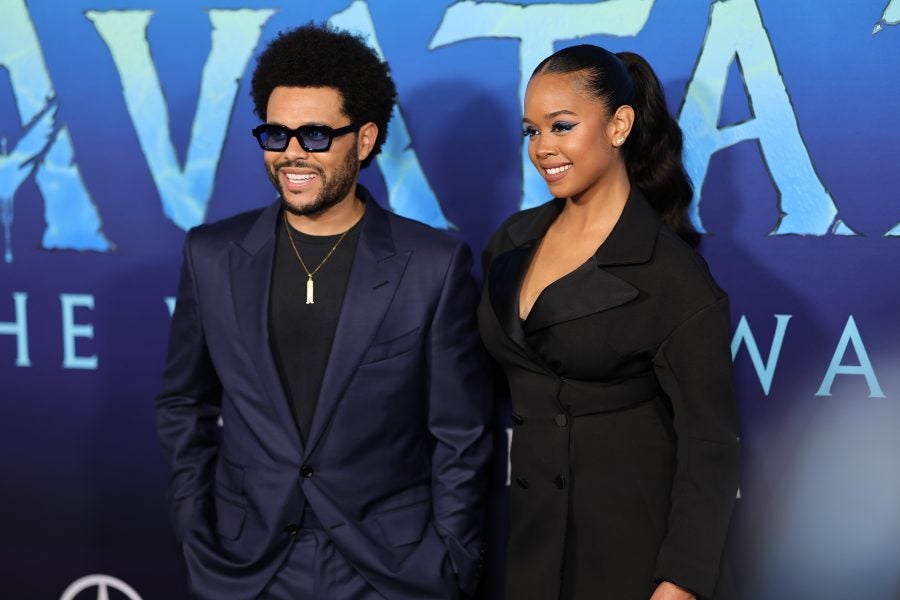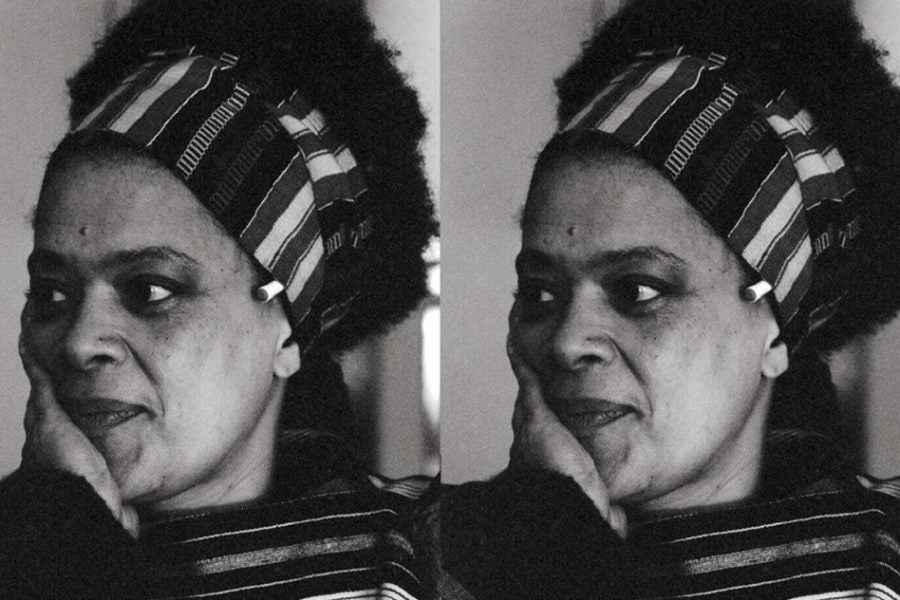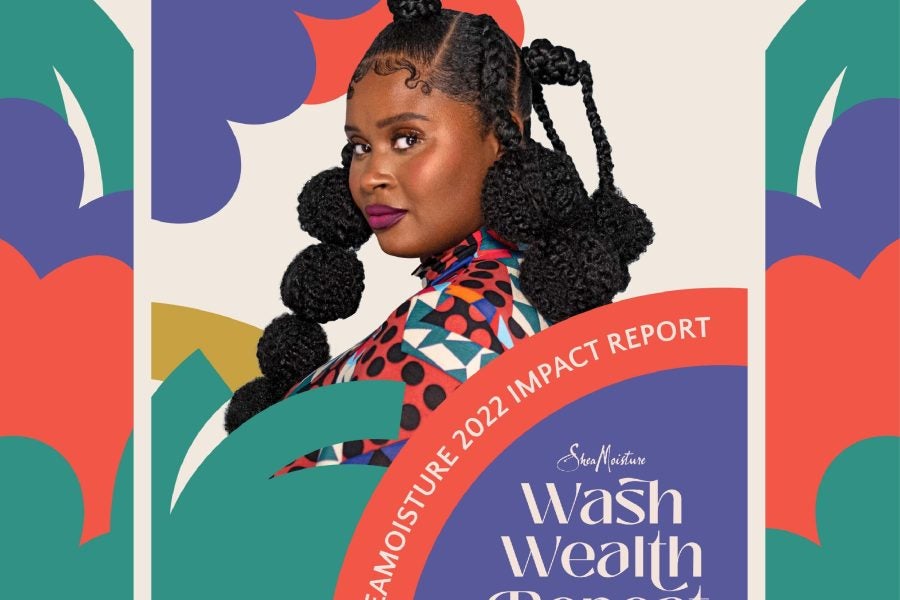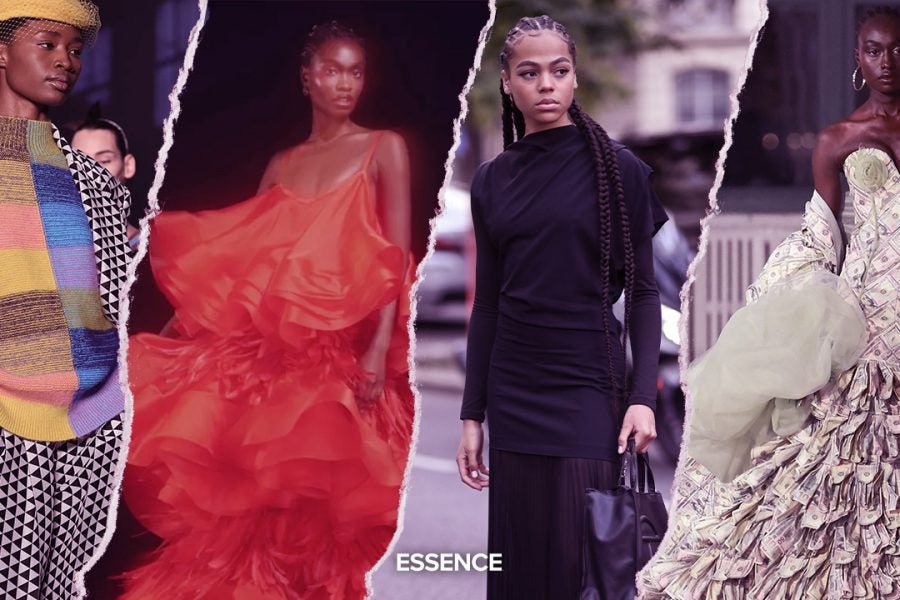
At the time of my first abortion, I was told by a beloved elder (who had received an abortion, too) that my pro-Black and pro-abortion stances could not co-exist with one another. The most unsettling aspect of the encounter was that her words and attitude were more reflective of how she felt about her own abortion. I was also saddened that a liberating moment for me was thought of as me being misaligned with my values.
That event was not standalone: abortion access is oftentimes treated as an issue that is antithetical to pro-Black ideals. Furthermore, since abortion is sometimes framed as nothing but a simple “choice” and not essential health care, many Black women, who like myself, feel forced to explain why access to abortion is a racial justice issue that impacts the lives of Black people every day.
When I arrived at the clinic for an abortion consultation in March 2020, I was urged by one of the white clinic harassers to not “engage in Black genocide” by “murdering my Black baby.” The sentiment made me feel disempowered. Getting an abortion was a decision that I made on my own. I was insulted to have anyone, especially a stranger, question the integrity of my decision. Once again, it seemed that my dedication to Black people was seen as an impossibility.
As I was being accused in participating in the orchestration of the end of Black life, the murders of Ahmaud Arbery and Breonna Taylor were making national headlines. I remember watching the news coverage of the stories as I sat in the clinic’s waiting room. For me, as for many others, the murders of these young Black people hit hard. As the merit of my decision to have an abortion was criticzed, there was very real racist violence against Black people happening. The people who were harassing me outside of the clinic became the same people who would stand behind police officers who committed acts of violence.
During the racial reckoning of 2020, I took part in organizing teach-ins about police abolition. I also canvassed for a campaign encouraging the Columbus City Council to divest funds away from the police force that had a history of terrorizing Black and Brown residents. In my work against anti-Black racism, I crossed paths with some of the clinic protestors I encountered. They were again protesting. This time, in support of the police department. It was then that the white supremacist tentpoles of the anti-abortion movement became even more apparent to me. The protesters who I faced during my first abortion consultation were only concerned with Black people when it fit their agenda. Meanwhile, my focus on Black equality has never been compromised.
Article continues after video.
The basis of my work as an organizer, abortion advocate, and doula is to address the reproductive oppression that exists within the Black community. These issues include a lack of access to affordable contraceptives, barriers to receiving an abortion, Black maternal mortality and a lack of education around abortion.
As I navigated my first abortion, I realized was not equipped with the information I needed. I had received little to no sexual or reproductive health education, access to affordable and effective contraceptives was limited, and access to abortion care is heavily restricted in the state of Ohio. Between the mandatory 24-hour waiting period, the state mandated counseling, and inability to have my abortion covered through Medicaid, it felt as though I was being punished for making the decision to have an abortion. Abortions bans and restrictions like the ones I detailed, disproportionately impact Black women. With abortion being restricted or outright banned in some states, many Black women will be forced to carry pregnancies to term, increasing the risk of pregnancy related complications and mortality.
As we traverse the world post Roe v. Wade, conversations about the role of abortion in Black women’s lives are bound to continue. Sadly, some of these conversations are based on lies. In October, Kanye West went on a misogynoir-laced rant, claiming “fifty percent of Black deaths a year is actually abortion.” He then went on to say, “It’s not the cop with the knee, it’s not Black-on-Black violence and gang violence, not heart attacks, it’s actually abortion. The most dangerous place for a Black person in America is in their mother’s stomach.” Aside from this claim being downright false, it positioned Black women as forces of destruction and not autonomous human beings. (It’s worth noting that West has publicly admitted advocating for his estranged wife, Kim Kardashian, to have an abortion.)
The ideology held by the previously mentioned elder, Kanye, and the protesters outside of the clinic is rooted in the supremacist notion that abortion is an option only reserved for the irresponsible. It also assumes that Black women in particular therefore should not have the right to exercise autonomy. This ideology is harmful because it forces Black women to be silenced by stigma, further preventing us from accessing the reproductive health care we need and deserve.
My work as an advocate supports my pro-Black stance rather than diminishing it. When we suggest that abortion is an act of genocide, we are also sending the message that Black women are not deserving of having autonomy. Anti-Blackness is not upheld by abortions or reproductive freedom—it is supported by acts meant to suppress Black people. As the criminalization of abortion continues to be a trend nationwide, I can’t help but think about the low-income-Black women in the South and Midwest who will continue to face the brunt of these policies. To me, access to abortion means that we also have social, political, and economic power. Our visions for liberation and freedom should also include supporting reproductive autonomy.







